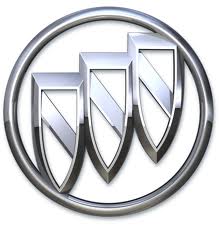Regal V6-3.8L VIN K (1997)

Piston: Testing and Inspection
Piston pin, piston, and connecting rod noise are hard to separate. A loose piston pin, for example, causes a sharp double knock usually heard when the
engine is idling, or during sudden acceleration then deceleration of the engine. A piston pin that has been improperly fitted will emit a light ticking noise
that is more noticeable with no load on the engine. Excessive piston-to-cylinder bore clearance will cause piston slap noise. The noise is similar to a
metallic knock, as if the piston were "slapping" the cylinder wall during its stroke. As with most engine noise, understanding the cause of the noise will
help you imagine what the noise sounds like. An indication of piston slap is a decrease in noise as the engine warms up. When the engine is cold, the
piston to bore clearance is greater and piston slap will be louder. The following are causes of piston noise:
^
Worn or loose piston pin or bushing
^
Improper fit of the pin
^
Excessive piston-to-cylinder bore clearance
^
Lack of lubrication
^
Carbon deposits on top of the piston striking cylinder head
^
Worn or broken piston ring land
^
Broken or cracked piston
^
Misaligned connecting rods
^
Worn or damaged rings
^
Excessive ring land clearance
^
Insufficient ring-end gap clearance
^
Piston 180° out of position
^
Incorrect piston cam grind
